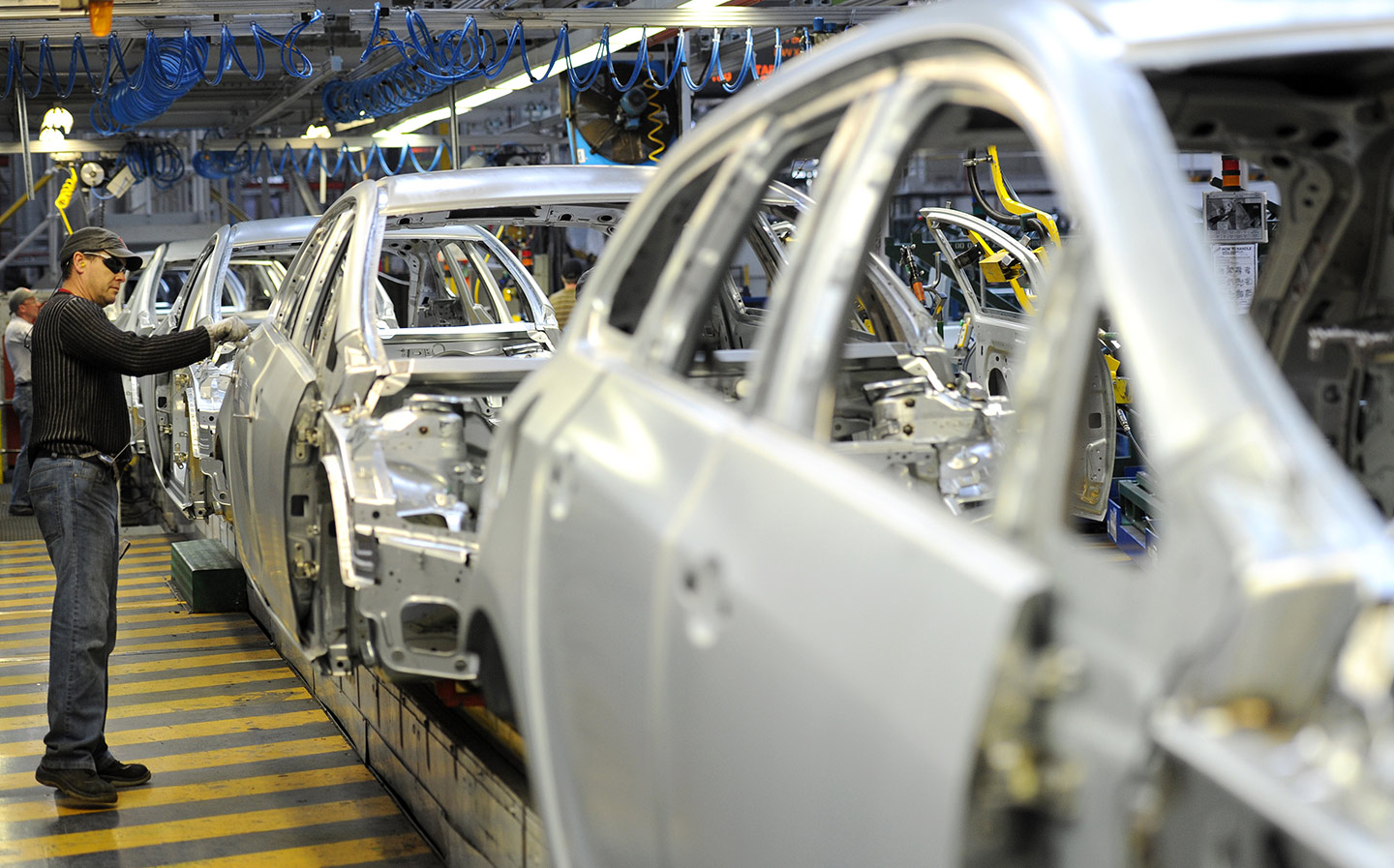Motor industry must source parts from UK in case of hard Brexit
UK factories owned by Toyota and Honda at most risk of closure
MORE PARTS for British-built cars will be sourced from within the UK under plans to insulate the automotive industry from the potentially devastating effects of a hard Brexit.
Leading figures in the industry said that manufacturers were looking to the British supply chain because of the prospect of expensive tariffs being imposed on cross-border trade.
At present almost two thirds of parts in British-built cars come from abroad, with the proportion as high as three quarters in vehicles such as the Vauxhall Astra. In some cases, parts are said to zig-zag across the Channel as many as 30 times during the production process.
Browse NEW or USED cars for sale on driving.co.uk
With a clean break from the EU emerging as the most likely outcome of Brexit negotiations, industry sources said that a target had been set to source up to 65% of car components from domestic suppliers within a decade. That would mirror the situation in Germany. The government is backing the drive through the Automotive Investment Organisation, established in July 2013 to encourage suppliers to relocate to the UK.
However, experts said that the industry was on a knife-edge. It is feared that the imposition of World Trade Organisation tariffs on goods, a possible outcome of a clean break, would add between 2.5% and 4.5% to the cost of importing car parts.
Last week the boss of Peugeot gave assurances over the future of Vauxhall in Britain as the French company considererd a takeover of General Motors’ European marques. Carlos Tavares, chief executive of PSA Group, Peugeot’s owner, told union leaders that existing commitments would be met, safeguarding Vauxhall’s 4,500-strong workforce until at least 2021.
“The easiest place to close plants is going to be in the UK”
Other companies will have tough choices to make. In a recent report, PA Consulting said that factories owned by Toyota and Honda were at most risk of closure after Brexit because they were “highly reliant on exports to Europe and have relatively low margins and profitability”. There were also question marks over factories run by Mini, Nissan and Vauxhall, it said.
Thomas Goettle, PA’s automotive expert, said that manufacturers were likely to prioritise plants in continental Europe. “The easiest place to close plants is going to be in the UK because the unions are not as strong and government not as supportive as they are in Germany and France, and the plants are more expensive to maintain than they are in Poland,” he said.
The Society of Motor Manufacturers and Traders (SMMT) released figures showing that 59 per cent of parts in British-built cars were imported, at a cost of £10.4bn. Of those, about 80 per cent were imported from EU member states.
Browse NEW or USED cars for sale on driving.co.uk
Reliance on the foreign supply chain has been reduced in recent years. The figure stood at 64 per cent in 2011 and 90 per cent in the 1970s. However, some vehicles are particularly reliant on overseas suppliers. The Vauxhall Astra, built at Ellesmere Port in Merseyside is 75 per cent produced from parts made outside the UK. One industry source said that all alloy wheels, standard on many cars, hade to be imported.
Tamzen Isacsson, director of communications at the SMMT, said: “A single car is made up of around 30,000 parts, which can move across the Channel multiple times before the final vehicle is completed. We must at all cost avoid tariffs and other barriers such as customs checks, which would cause delays and jeopardise our competitiveness.”
Graeme Paton, Transport Correspondent
This article first appeared in The Times





